15 May 2024
North Walsham: Intentionally intergenerational
Territorial Envoy Ruth Morey
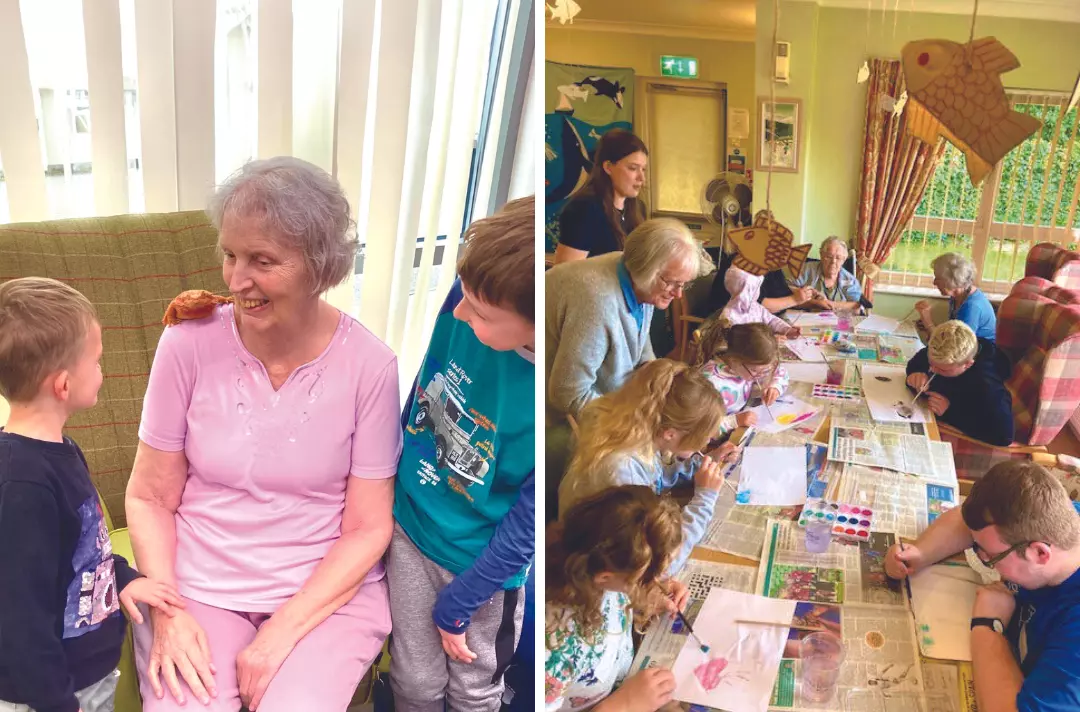
Territorial Envoy Ruth Morey shares how the corps is breaking generational boundaries.
Rock of all ages
North Walsham is a rural town in Norfolk, where I’ve been the corps leader and chaplain at Furze Hill House Care Home for 14 months. Our fellowship has a traditional core of senior members, but we are starting to diversify. The new adherents are introducing new people to the fellowship. We have a busy programme and a charity shop run by volunteers.
My main focus has been to fuse the disparate activities into one cohesive expression, which has already delivered some significant benefits. Our focus is on creating and enhancing relationships of mutual respect and support between generations.
We’re blessed to have a wonderful suite of buildings within the grounds of the care home. It’s currently deployed as a dementia café for two days a week, with more than 30 people coming in each day for support, lunch and entertainment. We hope to expand and create a whole village for intergenerational activities, where everybody can feel welcome and take part.
Breaking generational boundaries
These all-age relationships link past and future, keeping stories alive. There’s a general perception in society that when you’re young you want to mix with young people and when you’re old you’re of little value.
In bringing people together for a common purpose and challenging ageism, young people benefit from the wisdom of the older generation and older people see the enthusiasm and hope of the younger people.
We regularly take our parent-and-toddler group into the care home. Older generations can be vulnerable and can face social isolation, which can impact their wellbeing, and it’s heartwarming to see them happily playing games with the children. It ignites so many memories for them, and they give the youngsters so much praise. It’s a lovely environment for encouraging self-esteem.
Not every child in the group has grandparents or the opportunity to interact with older people. In sharing this way, they learn valuable life lessons and that old people are very much part of society, still have worth and are not to be feared.
It’s encouraging to note that parents keep asking when we’re going back to see the residents – they love having that connection.
This is not a new concept. Intergenerational ministry is founded on Scripture. Throughout the Old Testament, God’s people were called to teach the next generation (see Deuteronomy 4:9 and 10).
Language, lunch and larders
Responding to local needs, we have introduced a café for the deaf community and our weekly coffee morning includes space for sign language users. We completed a six-week basic sign language course for the community, and it was great to see younger and older people learning together.
We arrange monthly get-togethers for men living with depression and anxiety, where they can feel safe to chat about problems.
We have just launched a ‘community fridge’ for redistributing food that would otherwise go to landfill. This is a collaborative exercise with other churches and members of the public, who help collect from local stores.
If this all sounds very busy, it is! We feel very much an expression of what the Army was called to be. We have Sunday morning worship and Songs of Praise meetings, alongside chaplaincy responsibilities, prayers and social events bringing together the resources of both corps and care home.
Church has never been about four walls and a roof. Church is community. It’s family.
Written by
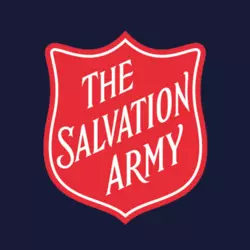
Territorial Envoy Ruth Morey
Corps Leader, North Walsham
Discover more
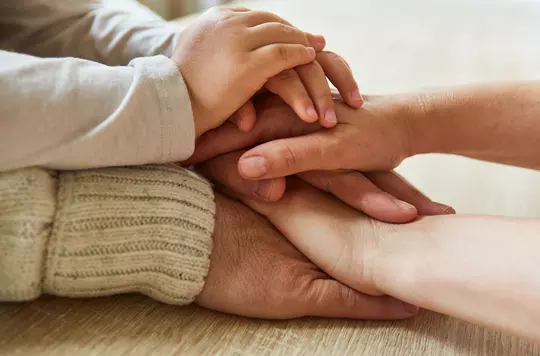
Salvationist catches up with the territory’s new team of divisional intergenerational officers and workers.
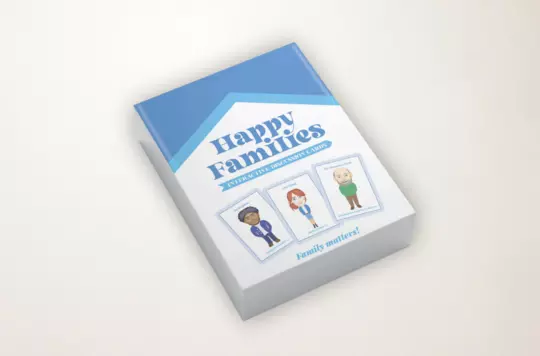
George Tanton explores how the Happy Families resource sheds light on what family means today.
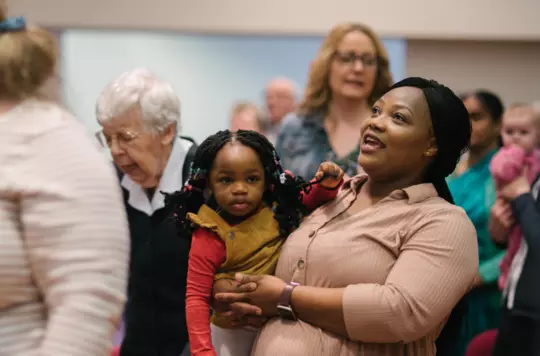
Support, training and resources to inspire families and individuals to flourish and develop in their faith journey.
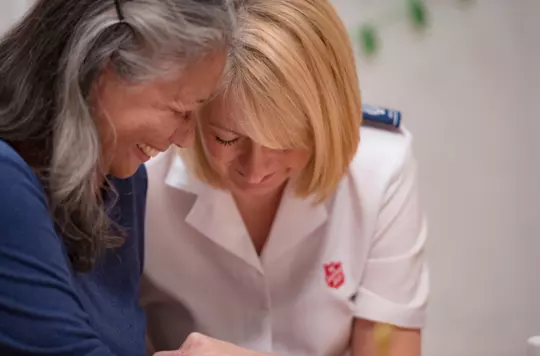
Supporting corps and the communities they serve in understanding, reaching and meeting the needs of older people.